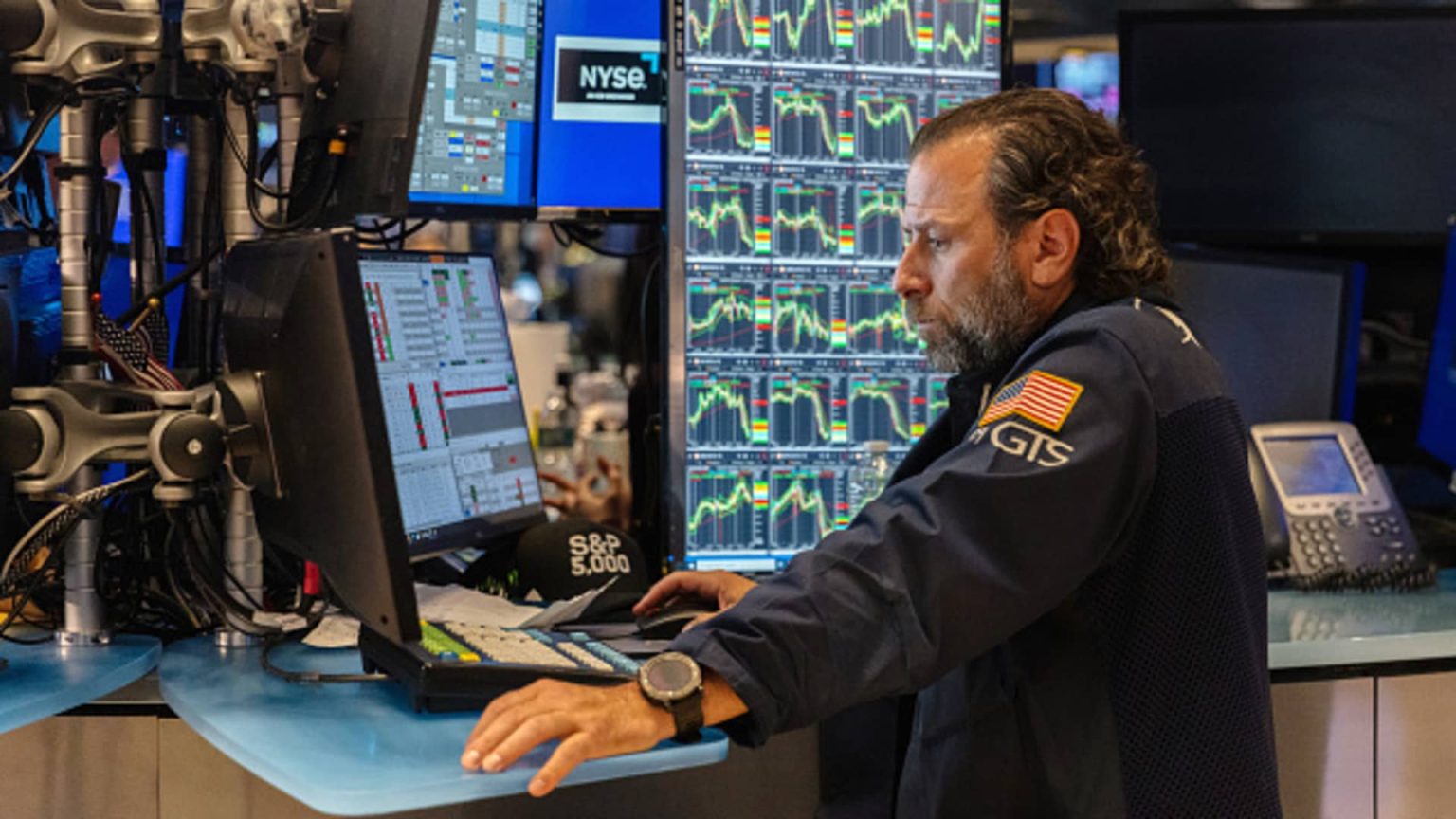Global stock market strategists are advising investors to approach the recent sell-off cautiously, warning that shares may be vulnerable to further declines. In the U.S., stocks started August on a downward trend due to fears of a worsening economic outlook sparked by data showing an increase in initial jobless claims and a manufacturing index signaling economic contraction. This has raised concerns that the Federal Reserve may need to cut interest rates to avoid a recession.
European stocks also experienced a decline of around 1.6% on Friday morning, following the trend set by Wall Street. In Asia, Japan’s benchmark indexes plunged more than 5%, marking the Nikkei index’s worst day in over four years. Cedric Chehab, global head of country risk at BMI, attributed the souring market sentiment to multiple factors including a hawkish Bank of Japan, poor U.S. manufacturing data, and volatile earnings reports. Chehab emphasized that such market corrections are normal and suggested that the recent sell-off may be driven by historical patterns of increased market volatility between July and October.
While some investors may be worried about the recent sell-off, Chehab believes it is too early to panic. He noted that there is significant technical support in terms of moving averages and key technical levels, which could help stabilize the market. Shane Oliver, head of investment strategy and chief economist at AMP, also expressed caution, stating that shares appear vulnerable to further falls despite the potential boost from lower interest rates over the next six to 12 months. The uncertainty surrounding a recession has led strategists to advise against rushing to buy the dip in the current market conditions.
The recent sell-off in global markets has been influenced by a combination of economic data, central bank policies, and corporate earnings reports. The Federal Reserve’s decision to keep interest rates steady, coupled with signals of a potential rate cut in September, has added to the market uncertainty. As investors wait for clues from the nonfarm payrolls report, the focus remains on the pace and scale of potential Fed cuts in the coming months. The market volatility is expected to persist due to historical patterns and the overdone momentum in equity markets following a significant rally.
Overall, strategists are urging investors to exercise caution and closely monitor market trends before making any investment decisions. While corrections like the recent sell-off are considered normal, the current market environment remains uncertain due to a mix of economic indicators and geopolitical factors. As global stocks continue to face downward pressure, it is important for investors to stay informed and seek guidance from financial experts to navigate the volatile market conditions. While the potential for a recession looms, the impact of central bank policies and economic data will be crucial in determining the future direction of global markets.


